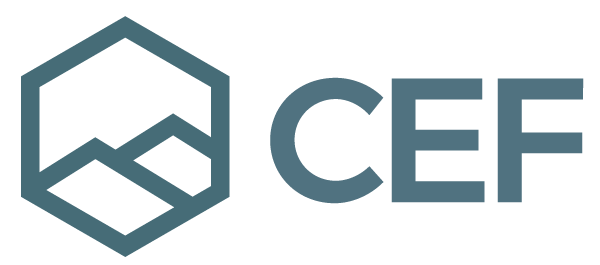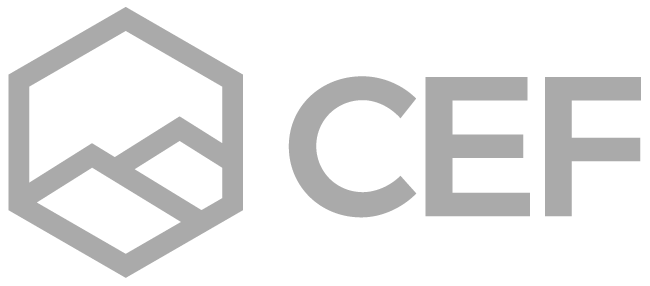As global and political leaders gather in Davos for the World Economic Forum this week, my heart is filled with gratitude for our time in the Alps at CEF 2018. As I watch the attendees bundle up to hurry from building to building, I’m reminded of how blessed we were to enjoy the summer weather and matchless beauty of Switzerland. I submit for evidence this reminder of our dinner:
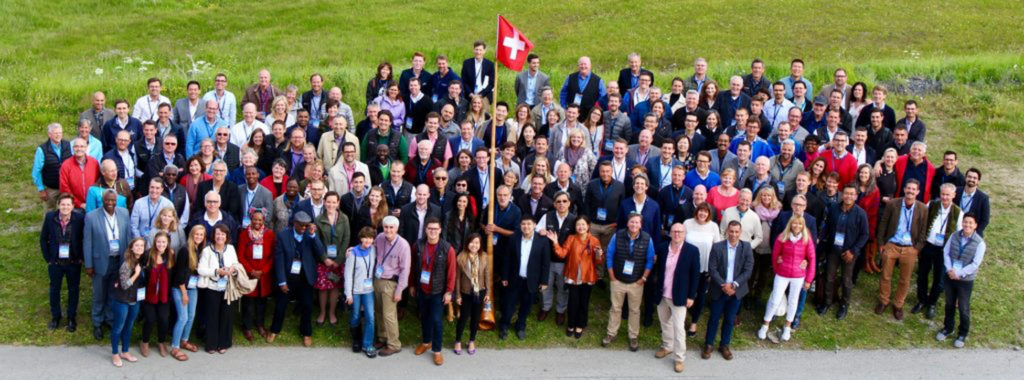
The CEF 2019 Global Event Delegates in St. Moritz, Switzerland
For those of you unable to join us last year, allow me to bridge the distance between Davos and St. Moritz by sharing this video of Rico Rieder sharing his Davos-inspired prayer for what became CEF.
Rico’s Story from CEF on Vimeo.
Davos 2019 is convening under some serious storm clouds. Trump, Macron, and May are unable to attend due to a government shutdown, the “Yellow Vests” protests, and a Brexit “no deal” respectively. Worse is what’s happening in Zimbabwe.
Last November, the world cheered President Emmerson Mnangagwa’s inauguration as Zimbabwe’s third president. He announced a “new and unfolding democracy” for the nation beleaguered by Robert Mugabe’s imperialist and inept rule. However, the “New Era” pennants waving in November have been quickly replaced by thousands of Zimbabweans who barricaded roads and barricaded government property to protest the state’s doubling of fuel prices.
Please be praying for Zimbabwe and Venezuela – nations in crisis where we have dear CEF friends.
Good economics is good politics. Whether attempting to bridge the inequality divide or solve the worst humanitarian crises, the best remedies are found in policies and market behavior that uplift human dignity and unleash human potential.
This brings us to the value-add that CEF contributes to the WEF conversations this week. There will be plenty of exemplary white papers and a dizzying array of new ideas as world leaders regale us on the world’s economic condition. For example:
- Klaus Schwab will remind attendees how much has changed in the 48 years since WEF’s founding…”Extreme poverty has halved over five decades, roughly 2.5 billion of us now carry supercomputers in our pockets, and globalization has become the bedrock of the modern economy.”
- He will also point out our new challenge to face an “erosion of trust [that] has to do with the imbalances we have in the system. We have trade imbalances, we have social imbalances, we have inequality. Do what we have to do to address those imbalances.”
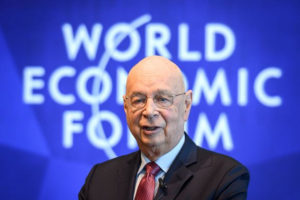
Klaus Schwab, Founder & Executive Chairman, WEF
WEF has selected the theme Globalization 4.0: Shaping a Global Architecture in the Age of the Fourth Industrial Revolution to find a way to make the fourth wave of globalization more “human-centered, inclusive and sustainable.” This territory will be covered in more than 350 sessions this week (almost half of them webcast—click here). I have found this open access to be helpful to watch some of the talks that are of interest to me.
While there is much to be gained by the world’s best thinkers, the problems in Zimbabwe or Venezuela, as well as those identified in WEF’s white papers, will only be truly understood and addressed by a proper understanding of Kingdom economics. So in addition to your digest of the annual happenings on Davos, I encourage you to include this conversation from St. Moritz as well, as an example of a Kingdom-oriented approach to economics.
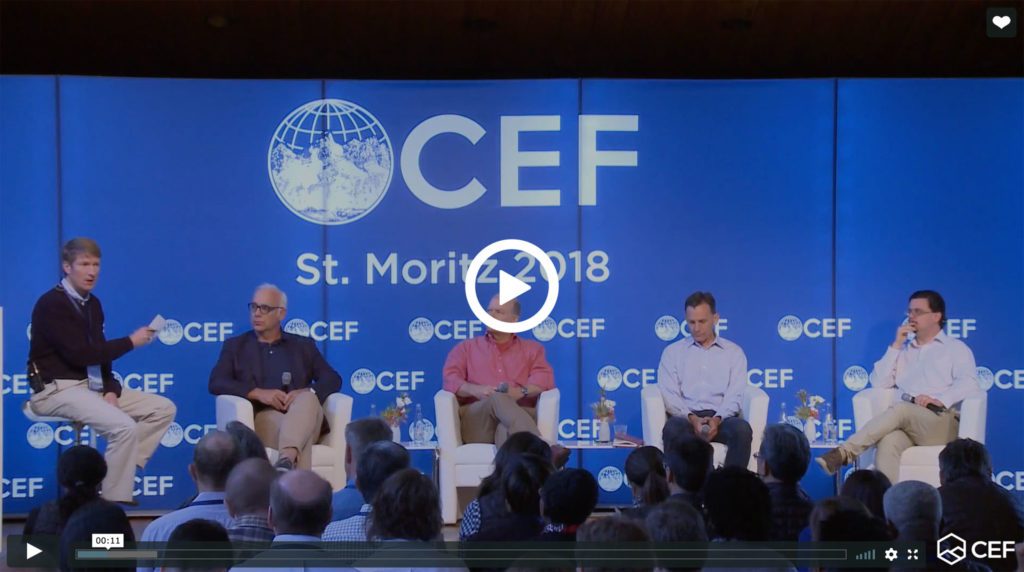
“When you look at the Bible and you look at the Fall, the Bible becomes a handbook on how to live in a desert, rather than live in a garden…”
-Vince Birley, Maximizing Our Investments, CEF 2018
